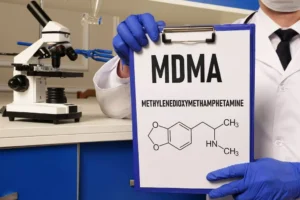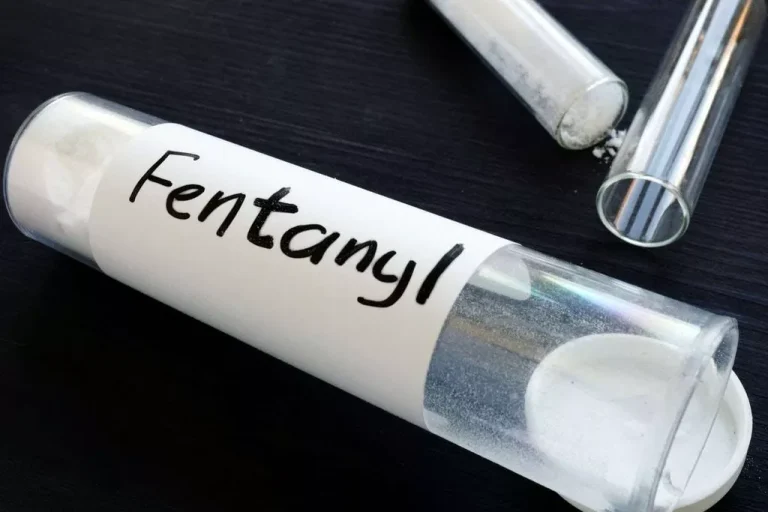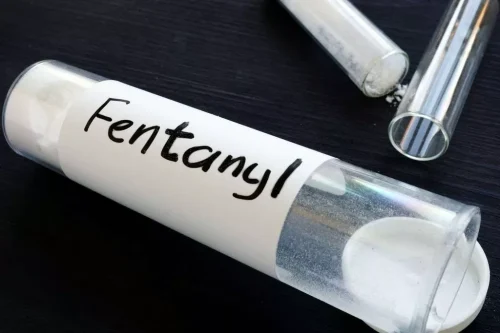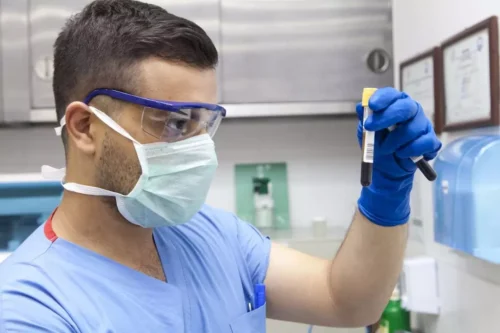
But complete abstinence is sometimes not achievable, even in the long-term, and there is a need for new treatment approaches that recognize the clinical value of reduced use. The study detected a marked decrease in nerve cell connections in the brain – known as synaptic density – among individuals at risk of psychosis compared to a healthy control group. Cannabis addiction among these people only exacerbated this process, it found. This appears to trigger the onset of the illness in persons already vulnerable to a mood disorder because of genetic factors, and once a mood episode occurs in a person, causes them to have a stormier course if they continue using. When discussing is weed considered a drug, it’s essential to focus less on classification and more on behavior.

Shortcomings of Cannabis in Medication-Assisted Therapy
That means that you can’t always know exactly what you’re buying. For instance, one study of 84 CBD products found that 18 of them contained THC. By some accounts, one-third of Americans think weed and hemp are the same thing, but they’re not. Although they’re both from the Cannabis sativa plant, hemp can’t get you high. Marijuana is a part of the cannabis plant or product that contains tetrahydrocannabinol (THC), which can make you feel high. Cannabis—which can also be called marijuana —is the most commonly used federally illegal drug in the how long does weed stay in your system United States.
Management and Treatment

Even so, more research needs to be done, especially on marijuana’s long-term effects. Just because the name has changed and the term “cannabis use” has replaced “cannabis abuse” or “cannabis dependence” doesn’t mean that cannabis is not addictive. In fact, research shows conclusively that cannabis is addictive. According to the American Psychiatric Association’s Diagnostic and Statistical Manual of Mental Disorders (DSM-5), you must have at least two signs in the symptoms section for over 12 months to be diagnosed with cannabis use disorder. In 2021, researchers estimated that 5.8% of people (or about 16.3 million people) 12 years and older in the United States had a cannabis use disorder in the past 12 months.
- While the symptoms themselves aren’t dangerous, going through withdrawal can be a warning sign of cannabis use disorder.
- Those who started using it before age 18 are 4 to 7 times more likely to than people who started later.
- It’s important that your doctor knows about cannabis and any other drug you use.
- For most, the body will excrete the drug completely within 30 days.
- In general, withdrawal happens when your brain and body become used to having a substance in your system.
Motivational Interviewing (MI) /Motivational Enhancement Therapy (MET)
Dried, shredded buds of the plant can be smoked in a rolled cigarette (joint) or hollowed-out cigar (blunt). Smoking weed is usually the quickest way to feel its effects. In some states, weed is legal for medical reasons, personal use, or both. If you’re an adult, you’re allowed to buy it from a licensed source. John C. Umhau, MD, MPH, CPE is board-certified in addiction medicine and preventative medicine.

They help control various functions, such as hunger, memory, and alertness, and make adjustments in real time to keep your body running smoothly. THC bypasses this system, just like someone slipping past a bouncer at a club. Just like liquor stores are licensed to sell different types of alcohol, cannabis dispensaries have permits to sell weed. They have a variety of strains and types to choose from, and the people who work there can probably suggest products you can try, based on the outcome you’re looking for.
Having IBS can be a very frustrating experience as its symptoms can be quite difficult to get under control. And although there are some prescription medications for the disorder marijuana addiction and its symptoms, the relief from these treatments is often incomplete and unsatisfying. This unfortunate state of affairs has led people who have IBS to seek alternative remedies, one of which is the use of marijuana. Endocannabinoids also protect the digestive system from inflammation and stomach acids. This line of inquiry thus seems to lead naturally into the question of whether medical marijuana might be an effective treatment for IBS symptoms. For many people trying to recover from a substance use disorder, perhaps for the majority, abstinence may be the most appropriate treatment objective.
However, it also has room to recognize cannabis addiction if it occurs. Instead, healthcare providers rely on a thorough evaluation of your medical history and behaviors surrounding cannabis use. CUD exists on a spectrum and may be mild, moderate or severe. It typically involves an overpowering desire to use cannabis, increased tolerance to the cannabis and/or withdrawal symptoms when you stop taking it.
Support Groups
Along with having trouble breathing, you might feel like you’re having an asthma attack or have less oxygen in your lungs. If you recently used or regularly use marijuana, your stomach may take longer to empty. That puts you at risk of your stomach contents coming back up and being sucked into your lungs. Whether you use weed recreationally or medically, it can affect how your anesthesia works. If your doctor is aware of your use, they’ll be able to take the steps to make sure you stay sedated, or “asleep,” for the entire surgery. If you use marijuana at least once a week, you might need more anesthesia.

Repeated cannabis use can lead to a substance use disorder, which can range from mild to severe. Addiction is a severe substance use disorder characterized by erratic behavior and compulsive drug-seeking. You can recognize marijuana use by looking for physical and behavioral changes. Long-term cannabis use can also cause work, school or relationship problems.
